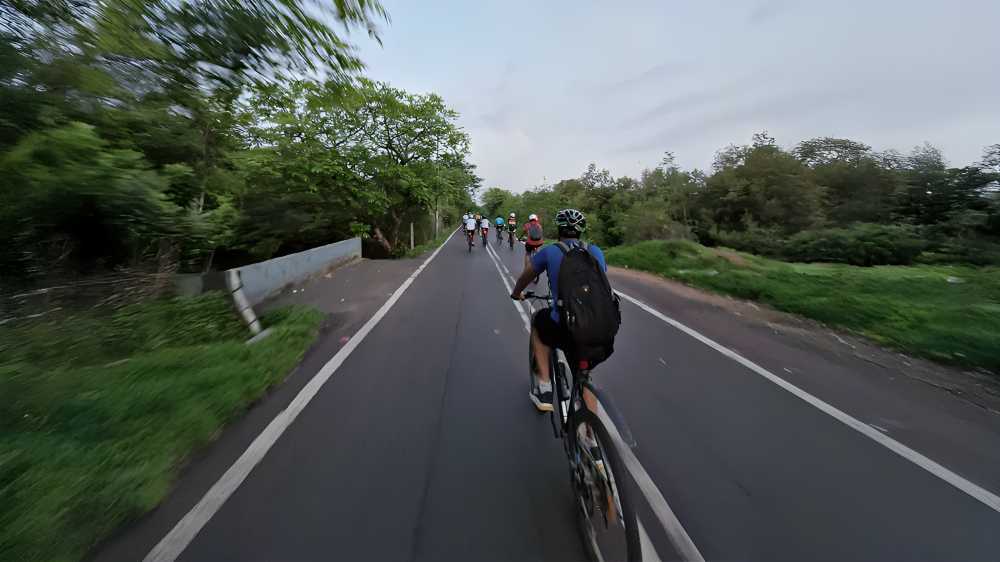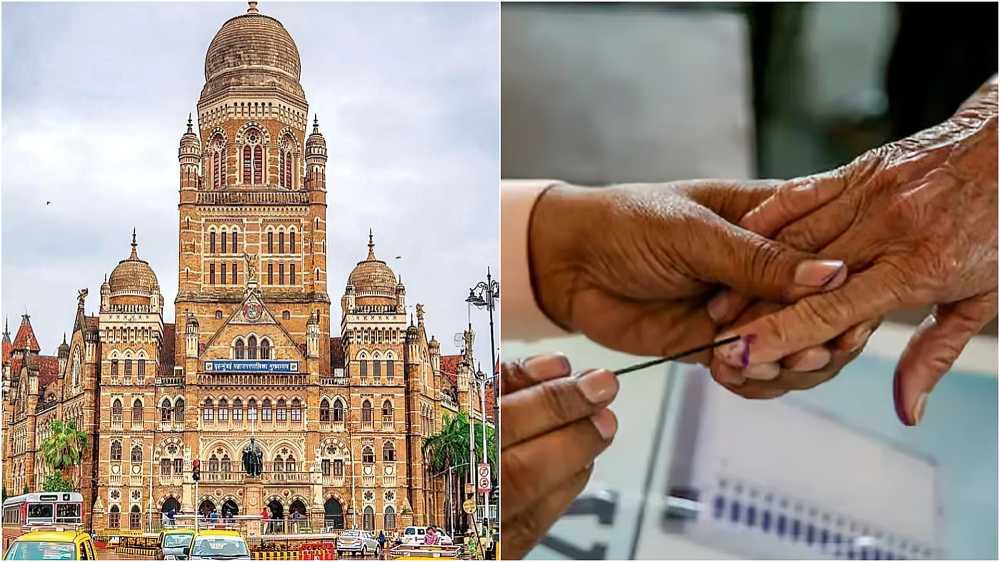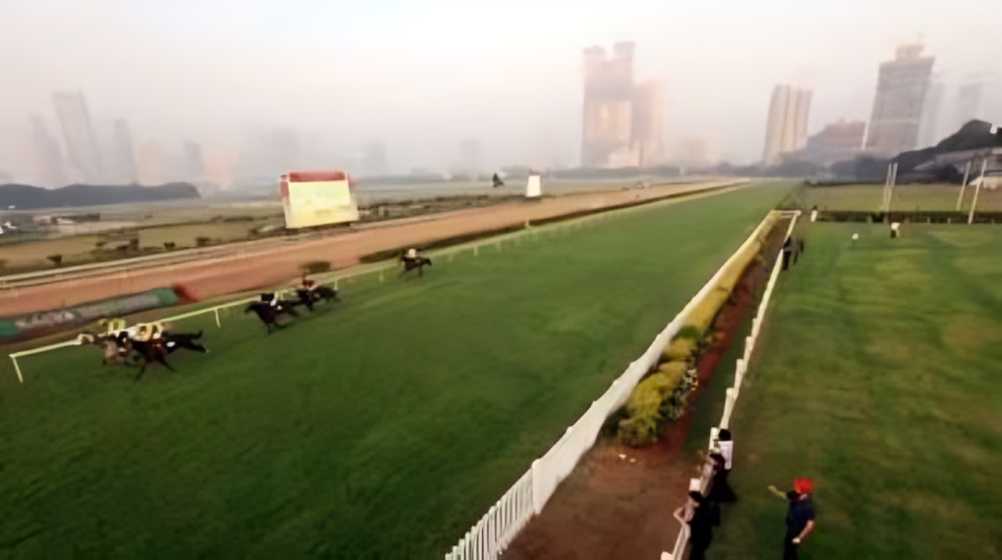Mumbai’s cycling community is bracing for a paradox. While Bicycle Councillors are set to be announced on June 8 to improve cycling infrastructure, the city’s most publicised cycle track—built in Bandra-Kurla Complex (BKC) at a cost of Rs 60 crore—is now being dismantled, with an additional Rs 25 cr allocated for its removal.
The root of this failure? A lack of stakeholder consultation, according to Firoza Dadan, Mumbai’s first bicycle mayor. “It was built like an art installation,” she says, pointing out that corporates and the cycling community, the primary stakeholders in BKC, were never consulted.
Connectivity remains a major hurdle. “For cycling to be viable, it must connect with key transport nodes,” says Dadan. Echoing her thoughts, Amar Nadgeri, Bicycle Mayor of Mira-Bhayandar, says it’s unrealistic to expect someone from his area to cycle to BKC. He adds that while some roads remain cycle-friendly, encroachments and metro restrictions—like banning cycles during peak hours—limit mobility.
The city’s push for cycling dates back to 2009, but projects have routinely failed due to poor planning and enforcement. Cyclists often face indignity and lack proper parking, even as car owners enjoy prioritised infrastructure.
Surveys show 60% of Mira-Bhayandar residents would shift to cycling if secure parking were available. Yet, biases persist. “Cycling is associated with lower-income workers, so their input is ignored,” Nadgeri notes.
Rapid delivery services and space constraints only worsen matters. For real change, Dadan stresses the need for a non-motorised transport policy. “Without policy, there’s no accountability,” she adds, citing Indore, Amsterdam, and Germany as models.
Until inclusive planning is prioritised, cycling in Mumbai will remain more aspirational than achievable.
Source: Local Samosa





